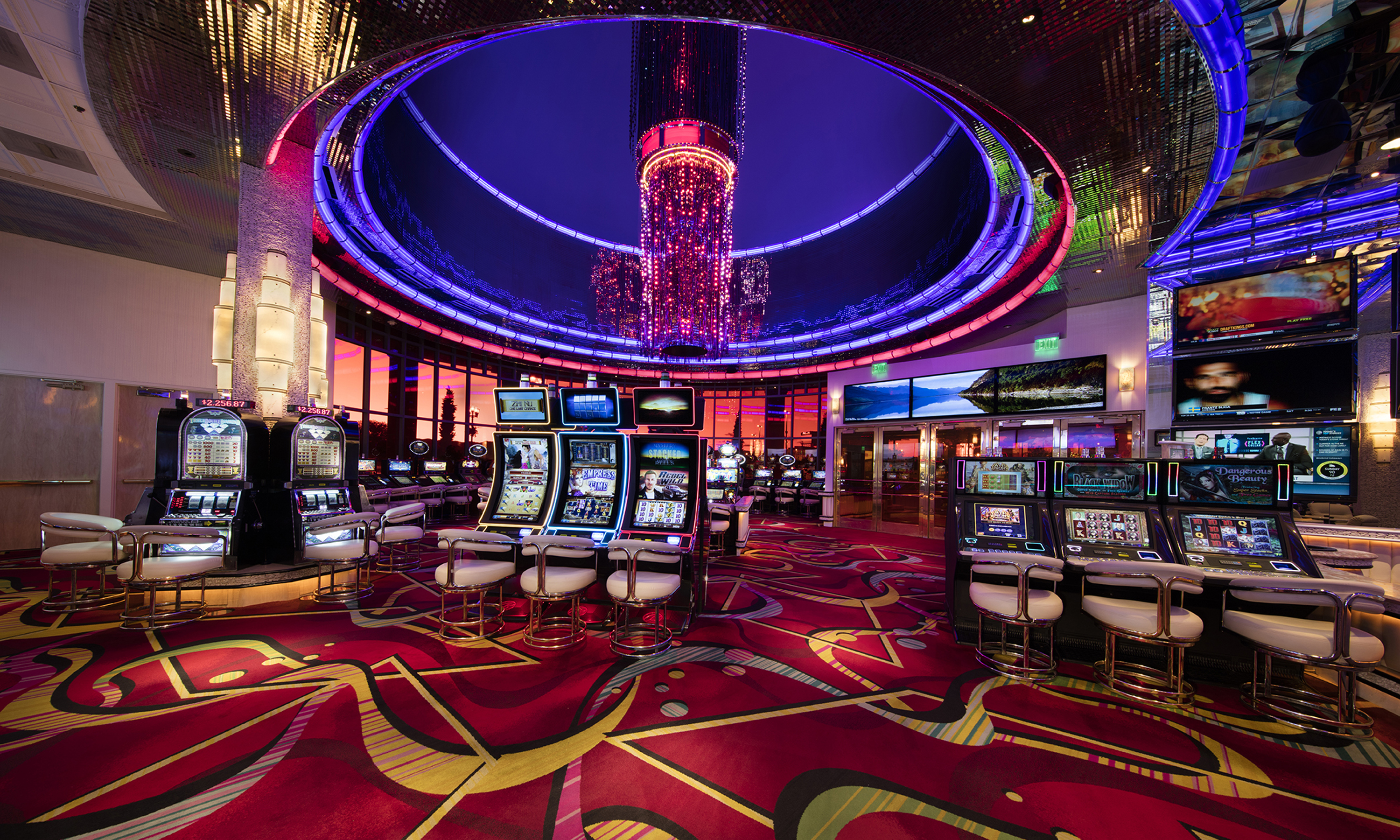
Casino games have long captured the fascination of humans around the planet, becoming an essential part of both fun and tradition. From the shimmering lights of Nevada to the engaging experience of internet gambling, these activities evoke enthusiasm, risk, and sometimes even a sense of sentimentality. They are not just simply hobbies; they have woven themselves into the tapestry of society, influencing everything from movies and melodies to fashion and writing.
The allure of casino games transcends the wagering aspect, tapping into wider themes of fortune, chance, and psychology. As players convene around a poker table or turn the roulette wheel, they engage in an ancient ritual that resonates with our collective desire for excitement and instability. This fascination has led to the emergence of many references in films, songs, and gaming, showcasing how deeply entrenched these games are in pop culture. Whether it is the intense drama of a classic robbery film or the colorful nightlife portrayed in music videos, casino games have created a substantial place that reflects our connection with reward.
Cultural Impact of Gambling Games
Gambling activities have played a pivotal role in social aspects throughout history. Stemming from old societies, games of chance were often connected to ceremonies or events. For example, early iterations of gambling can be traced back to ancient China and the Roman Empire, where die games and betting on outcomes were popular pastimes. These activities not only functioned as leisure but also as methods of connecting people, facilitating relationships among people within communities.
As cultures evolved, so did the complexity and organization of gambling games. The establishment of formal casinos in the 17th century, particularly in the Italian region, marked a major shift in how games were viewed and organized. With specific spaces for gambling, the casino became a social hub where people from different backgrounds gathered. This change contributed to the legitimization of the industry, transforming it from a mere pastime into an established industry that influenced the economy and regulations.
The effect of gambling activities on mainstream culture cannot be understated. As they were popularized in literature and movies, games such as poker and 21 became icons of risk, luck, and strategy. Iconic figures and narratives have developed around these games, reflecting societal attitudes towards luck, prosperity, and immorality. This fascination with casino activities has permeated various forms of media, solidifying their place in the public imagination and connecting them to wider cultural stories throughout the ages.
Portrayal of Gambling Games in Entertainment
Casino activities have long been a popular subject in various forms of media, reflecting both the thrill and intricacies of the world of gambling. Movies such as Ocean’s 11 and Casino Royal portray individuals who navigate dangerous scenarios, showcasing not only the allure of the casino atmosphere but also the tactics and choices that come with playing popular games like poker and blackjack. These films often dramatize the excitement of winning and the potential consequences of losing, encapsulating the perils involved in gambling.
Television shows have also explored the world of casino games, often integrating them into the plot as a context for character development and drama. Shows like Vegas depict the stories of gambling employees and casino-goers, highlighting the dynamic, often chaotic energy of the gaming floor. MCW77 Docuseries featuring intense betting contests further emphasize the fascination of gambling activities, drawing viewers into the excitement and planning involved in each round. Through these depictions, media not only amuses but also stimulates conversations about luck, expertise, and the character of chance.
Digital games have increasingly integrated casino games into their development, allowing players to recreate the experience of betting without monetary loss. Titles within the landscape of online gaming often include online slot machines, online poker, and other casino favorites, creating an interactive experience that mirrors traditional gambling. These digital representations make casino games accessible to a worldwide viewer base, appealing to both risk-takers and those who enjoy the excitement of simulation. As a consequence, the portrayal of gambling activities in entertainment continues to shape societal views and importance, highlighting their function in entertainment and the cultural landscape.
Impact of Casino Games on Communities
Gambling activities have a meaningful effect on communities, affecting various facets of societal norms and interpersonal behavior. They often serve as a venue for social interaction, where people come together to enjoy a common experience. Casino trips with friends or trips to casinos become social activities that build connections and create memories. This collective aspect enhances the entertainment value of gambling activities, making them a favored choice for celebrations and recreational pursuits.
Moreover, casino games have been portrayed in countless movies, TV series, and written works, shaping perceptions and opinions towards gambling and gaming. Icons like James Bond competing in baccarat or the intense poker scenes in films have cemented these games in the shared imagination. This depiction often idealizes the culture associated with casino activities, drawing in new players and influencing trends in both style and conduct. These representations can spark curiosity and lead to a more profound exploration of the nuances of gambling.
Nonetheless, there are also adverse consequences associated with the popularity of gambling activities. The allure of quick monetary gain can lead to problem gambling and economic troubles for some people. Society must grapple with these consequences, promoting responsible gaming and education of the dangers involved. Balancing the fun aspect of gambling activities with the potential for harm is vital to ensure that they continue to be a beneficial aspect of our societal fabric.
